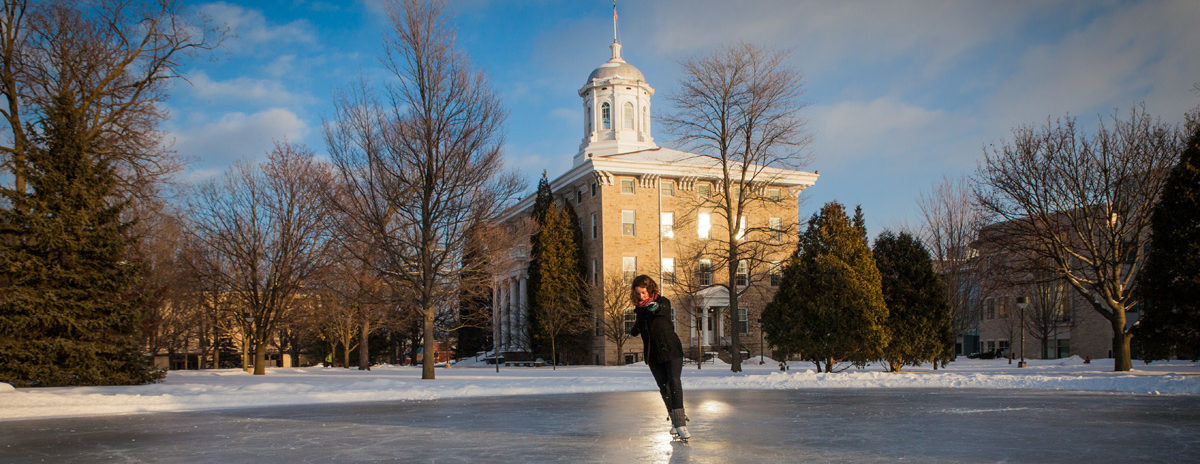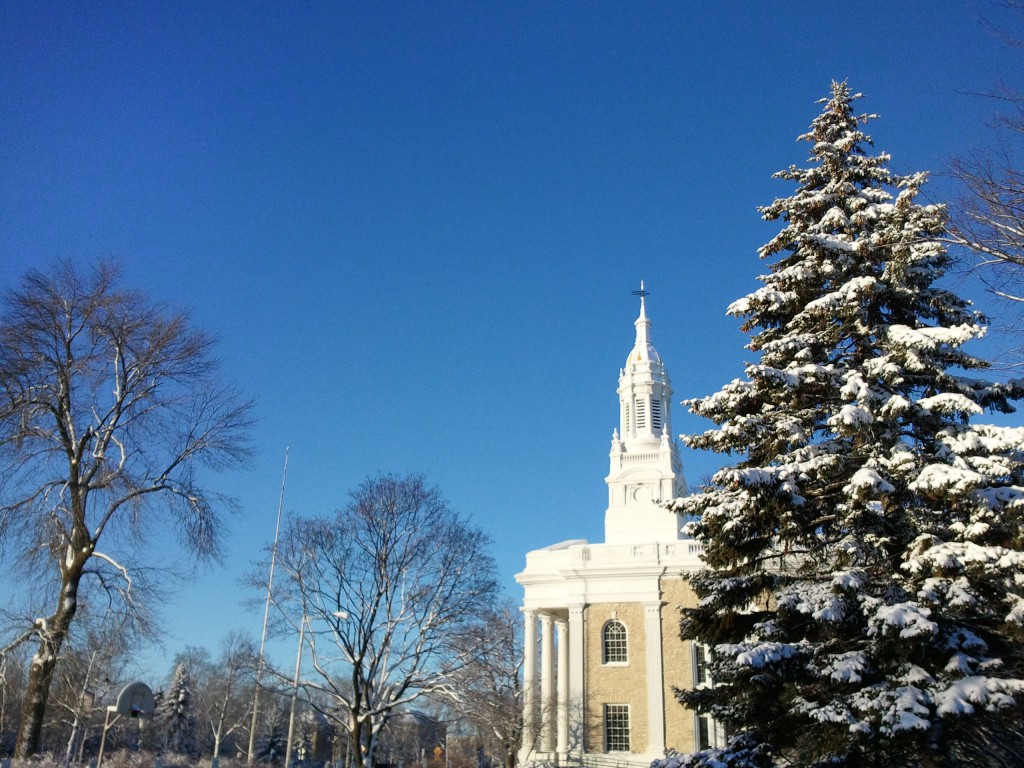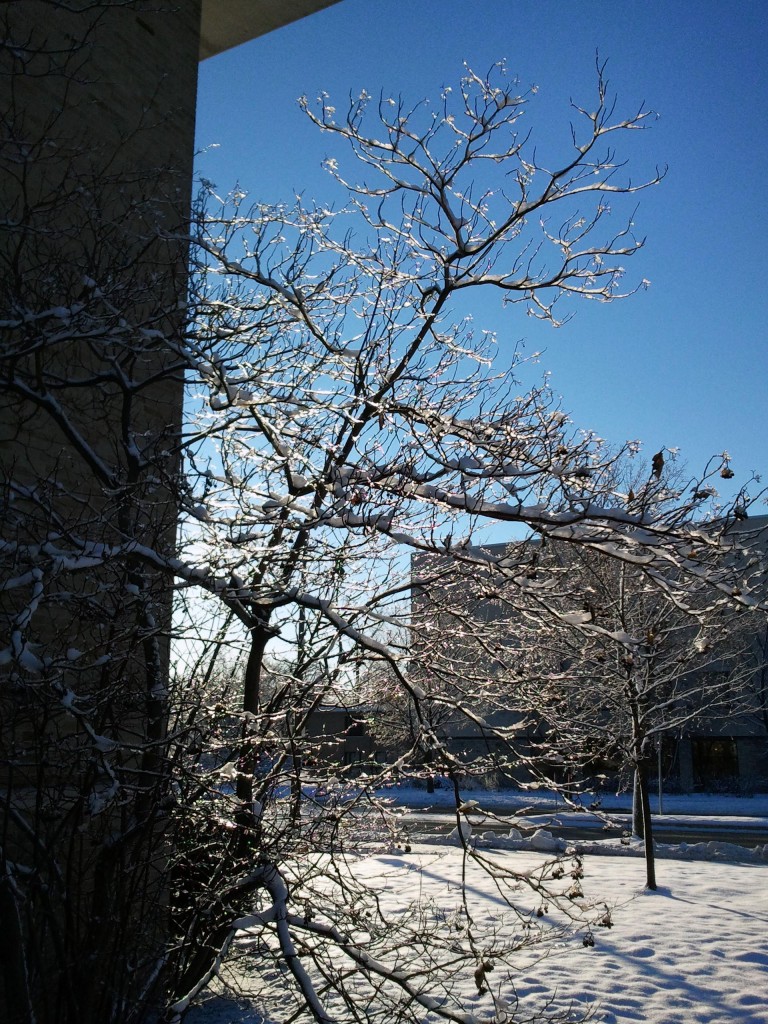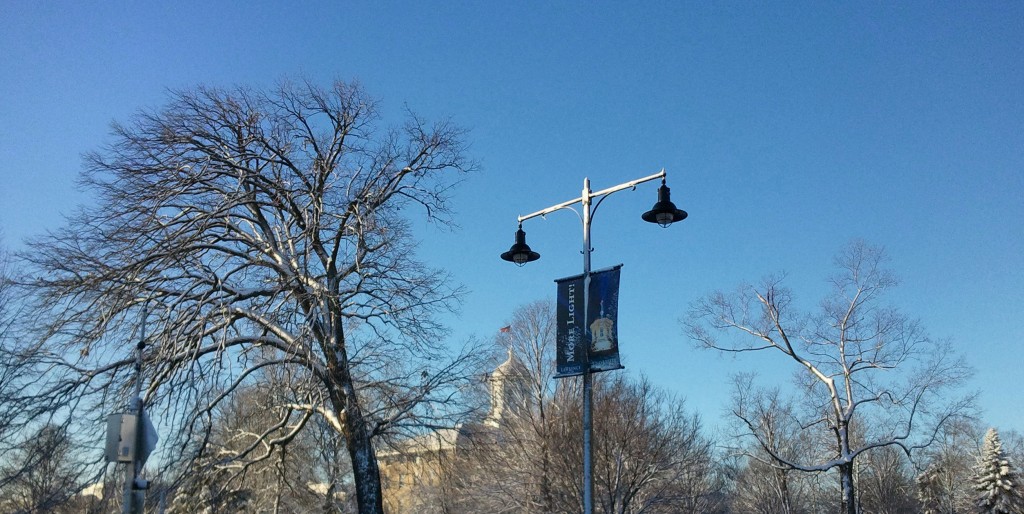In this morning’s Today Show, we were presented with yet another variation on what has become an all-too-familiar story running with increasing frequency in the heat of the college application season: “Is college worth it?”
We’ll save you the suspense. The answer—like it usually is for these stories—is “yes”, but first you must pass through a haunted house of drama and factoids.
First act: Usually these stories start with a liberal arts major (in this case, a French major) who graduated into a world reluctant to hire her because of “her limited skill set.”
Second act: The recent graduate, faced with a college debt of $50,000, “settles” for a job that does not employ the skills she learned in her major (in this case, working as a customer service rep for an awning company).
Third act: Cut to the reporter (in this case, financial expert, Jean Chatzky) back in the studio summarizing the state of affairs for the host (in this case, Matt Lauer), who serves as a proxy for the target audience (in this parents of college-bound students). The exchange usually goes like this:
- Proof point: Flash a screen with data showing the difference in lifetime earnings between bachelor’s degrees holders and high school diploma holders (about $1 million; so, yes, it’s technically worth it).
- Counterpoint: But what about that double-whammy of debt and unemployability?
- Solutions offered:
- save your money by attending community college then four-year college (a viable option for many)
- pick an in-demand major, like medical technology, nursing, education, math & computer science, or engineering
- corollary: watch out for those majors that don’t have jobs named after them (e.g., things like “English” or “history” or “philosophy”)
And there, in a three-minute story, you have some one-size-fits-all advice on college and major selection.
We cannot ignore an economy that continues to present significant challenges to all of us. We cannot ignore that there are students out there taking on extraordinary debt to attend college. (In news stories, there is generally a direct relationship between the size of the debt and the level of tension in the story.) We acknowledge that there are a number of in-demand majors, such as those listed above, that have clearer prospects (though certainly no guarantees) for employment than others. There is comfort in certainty.
But what if you’re not interested in those majors? What if you are one of those students for whom a liberal arts major at a liberal arts college is the right fit?
Take heart: the college investment for many people is not simply an investment in job training for your first gig out of college. As we mentioned in an earlier blog, an investment in a place like Lawrence University is an investment for a lifetime, which will comprise, quite likely, more than your first job out of college: perhaps a trip to graduate or professional school; a career change or two; and a host of experiences that will call upon your abilities to find common ground with people who look, think, act, and believe differently than you do. It’s our job to prepare you for all of these by pushing you to become: a nimble, lifelong learner; a strong compelling writer; a creative problem solver; a critical thinker; a competent arguer; and a person equally adept at independence and collaboration. In other words, an eminently employable person.
And one last thing for you budding liberal arts majors out there: Matt Lauer pursued a telecommunications major at Ohio University, a liberal arts college. Jean Chatzky earned a B.A. from the University of Pennsylvania in—wait for it—English.






